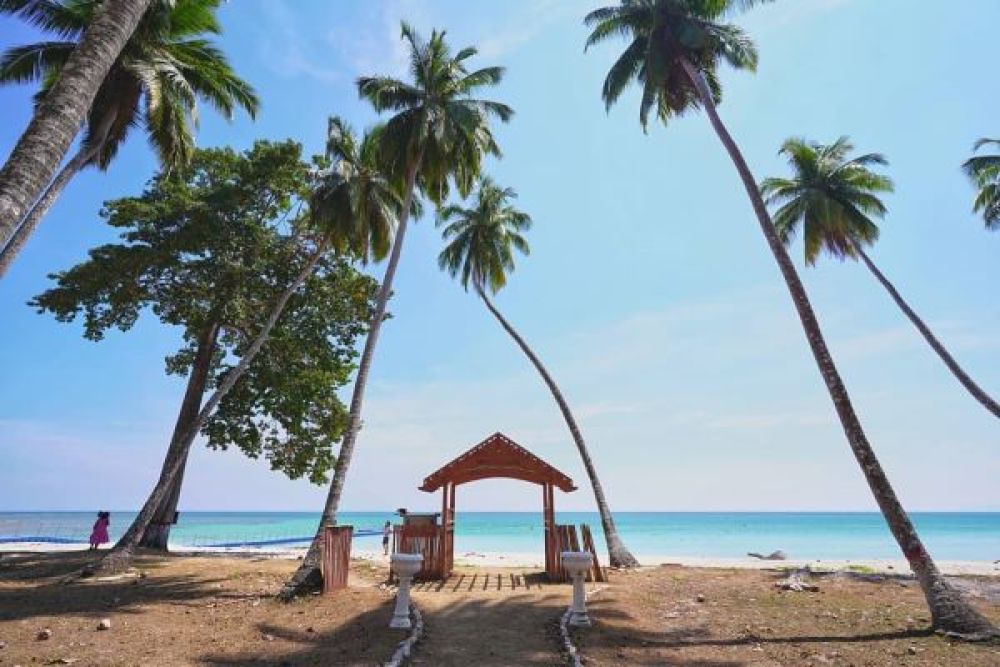

Long Island in Rangat, a part of the Andaman and Nicobar Islands of India, is becoming increasingly known for its untouched natural beauty and serene beaches. The history of tourism in this remote destination is relatively recent compared to other more developed tourist spots within the Andaman archipelago.
The Andaman and Nicobar Islands have been inhabited for thousands of years, with indigenous tribes living across the islands. However, documented history suggests that tourism began to bloom post Indian independence, after 1947. The primary focus was initially on the capital, Port Blair, and nearby regions. It was not until much later that the outer islands such as Long Island started gaining recognition.
In the past, Long Island was not accessible due to the lack of infrastructure. However, with the introduction of better transportation links, including boat services, this hidden gem started welcoming adventurous travelers seeking offbeat and pristine locations. The tourism industry in Long Island is still in its infancy, meaning visitors can enjoy a less commercialized and more intimate experience.
The latest trend in Long Island tourism is sustainable and eco-friendly travel. With an increased global awareness of environmental issues, travelers to Long Island are gravitating towards accommodations and activities that have minimal impact on the natural surroundings. Also, with the world recovering from the effects of the COVID-19 pandemic, there's a marked preference for destinations that offer seclusion and space, such as Long Island.
Long Island has several eco-huts and guesthouses that provide eco-friendly accommodations. Activities such as snorkeling in its clear waters, trekking through the lush tropical forests, and visiting the nearby beaches—like Lalaji Bay Beach—are popular among tourists.
While Long Island's untouched nature is its biggest draw, it also presents challenges, particularly when it comes to creating the right balance between development and conservation. The local government and various non-governmental organizations are working towards establishing sustainable tourism practices that will ensure the protection of Long Island's delicate ecosystem while providing an economic boost to the region.
The future of tourism in Long Island, Rangat, looks bright as efforts continue to make it an eco-tourism hotspot that could set an example for similar destinations worldwide. An increasing focus on responsible travel will likely bring more tourists to its shores, eager to explore this beautiful island responsibly and sustainably.